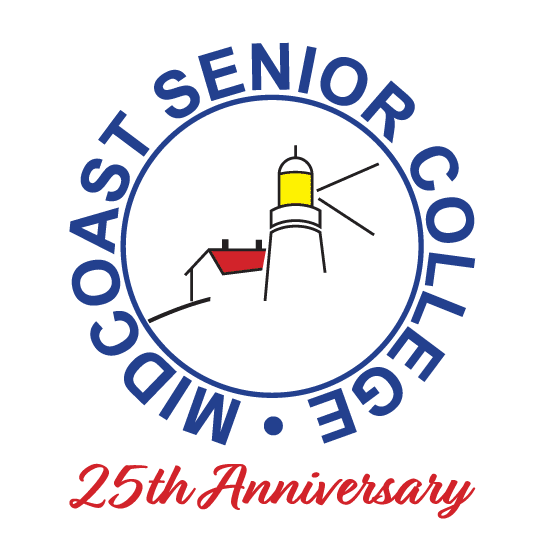Thanks Roger. Yes, interesting. Strong parent groups, insisting that their agenda prevail, other factors not withstanding… It reminds me of long ago and far away when my two were in elementary school in the Silicon Valley of northern CA. Their school was interesting in that there were essentially two very separate and different tracks in the one school. One was considered “Standard Liberal education”, following a pattern that would be comparable to the majority of public elementary schools in CA. The other was called “ Back to Basics” and this group existed within a framework of very high parent involvement in curriculum, homework support, weekly communication with teachers and a limitation on subject matters that would be introduced.
My children attended the standard offer side of school - mostly because I couldn’t imagine a school experience that did not include music instruction, art, dance nor “foreign language” studies. There were very few children of immigrant families in the Basics program because there was no provision for English Second Language instruction and it was my understanding that the Basics parents influenced the choice of literature studied by their students. The Basics parents had their own separate PTA group, and conveyed an air of being very powerful, but not necessarily very well liked.
In retrospect, it would have been interesting to look longitudinally to see how the two groups of students faired in the long run. Our family and one “Back to Basics” family who were neighbors and good friends prior to our children entering kindergarten, are my only reference point - not a very significant sample size, eh? But as limited as it was, I can tell you that their two children and our two children were very similar in easily measurable outcomes. As for the more subtle sorts of learning, such as sensitivity and appreciation of diversity of cultures and independent problem solving capacity/ following of one’s own curiosities, my sense ( and of course there is a bias, yes? ) is that the standard classrooms must surely have laid a better foundation for citizenship in a pluralistic democracy.
He sent several others to me, but they seem to be behind paywalls. I was able to copy the following however, and am posting it also for him:
Today's encore selection -- from Democracy and Truth by Sophia Rosenfeld. In crafting the U.S. Constitution, the founders were distrustful of pure democracy, and envisioned a class of elites who would have the obligation of governing. Only members of the House of Representatives were to be directly elected by the people:
"Even in republics, where the people as a whole were deemed sovereign and where hierarchies built around both kings and formal aristocracies with hereditary titles were declared unlawful, it was widely acknowledged in the late eighteenth century that statecraft required a distinct political class characterized by exceptional wisdom and virtue. Practically speaking, that meant men with some formal knowledge, whether by schooling or proper experience, of the principles of governing and a commitment to giving and keeping their word as an element of gentlemanly honor. Or at least it did by the architects of early republics in British North America and then France, who themselves tended to belong to that very class.
| Scene at the Signing of the Constitution of the United States |
"The so-called Federalists, or advocates of the federal Constitution in the new United States, were particularly committed to this notion, sparring repeatedly on these grounds with the less hierarchical anti-Federalists and then Democratic-Republicans in the republic's early years. Consider the Enlightenment-inspired logic of Alexander Addison, a Federalist judge from Pennsylvania. For him it was axiomatic circa 1800 that ordinary people were, under present conditions, deficient as judges of public matters, 'too apt to confound right with capacity, and power with skill.' But those who understood that 'the art of governing, is a science,' meaning a discipline rooted in the pursuit of sure truths and effective, demonstrable methods for verifying them, and had the requisite 'knowledge, study, and reflection' (which surely also indicated social standing and leisure time) to approach politics in this manner, could compensate for others' cognitive, not to mention ethical, limitations. It was, therefore, important that power in practice be accorded disproportionately to a particular and new kind of elite of the talented, even as 'the people' were, abstractly, possessed of sovereignty and the power to judge. In effect, this view amounted to not much more than a rehash of Madison's famous words in Federalist 57: 'The aim of every political constitution is or ought to be first to obtain for rulers men who possess [the] most wisdom to discern, and [the] most virtue to pursue, the common good of the society,' since one could hardly expect to luck upon (as noted in Federalist 49) 'a nation of philosophers.' Or, as a more straightforward Roger Sherman of Connecticut put it while debating the Constitution in Philadelphia in 1787, 'the people ... should have as little to do as may be about the Government.' "
| author: Sophia Rosenfeld | |
| title: Democracy and Truth | |
| publisher: University of Pennsylvania Press | |
| date: Copyright 2019 University of Pennsylvania Press | |
| page(s): 49-51 |
